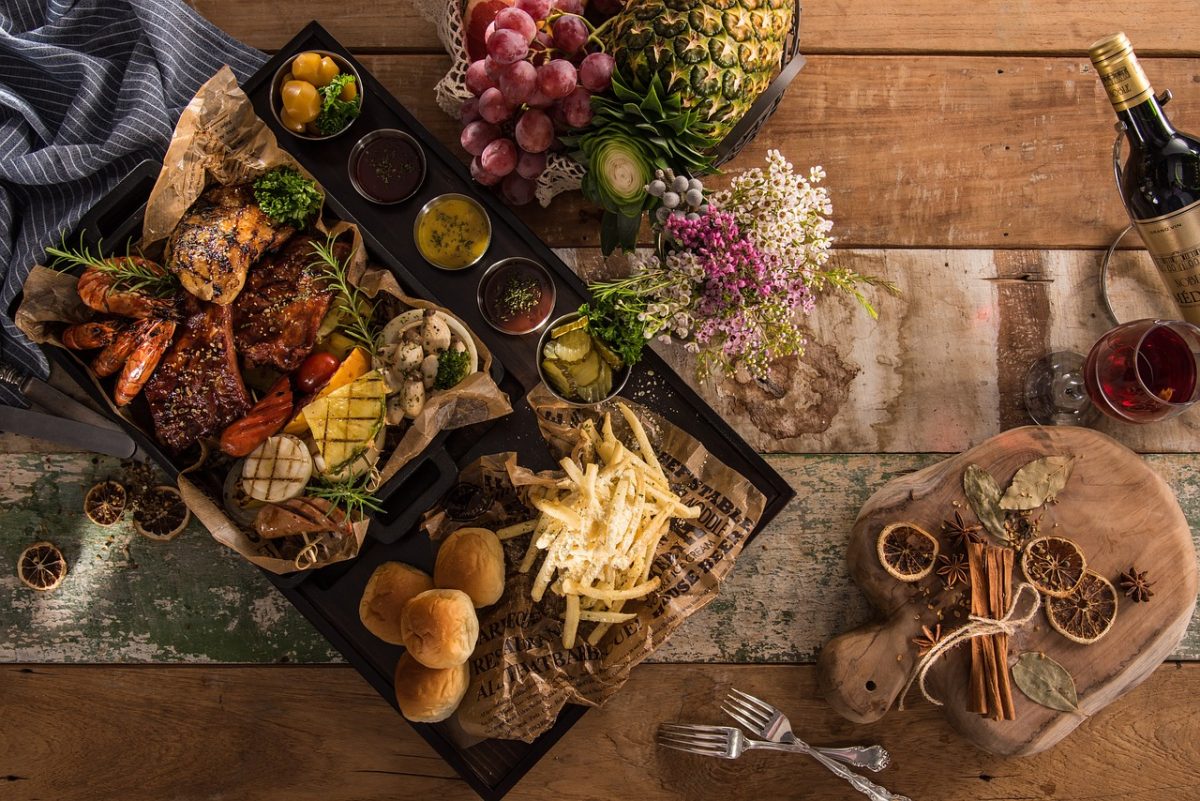Erewhon, a high-end organic grocery store chain, has become a cultural phenomenon in Los Angeles, known for its meticulously curated selection of health-conscious and often exotic products. Erewhon’s influence extends beyond Los Angeles, with its trendy image and premium products inspiring similar stores in other cities, further perpetuating the culture of health-conscious consumerism. The store’s emphasis on organic and locally sourced ingredients aligns with growing concerns about sustainability and environmental impact, appealing to a demographic increasingly concerned about the ecological footprint of their food choices. Founded in 1966, the store has grown from a small natural food shop to a trendsetting destination, attracting celebrities, wellness enthusiasts, and those seeking the latest in health food trends. With locations in some of LA’s most affluent neighborhoods, Erewhon offers a variety of organic, non-GMO, and locally sourced items, along with a popular café that serves up unique and often pricey smoothies, juices, and prepared foods. The store’s commitment to quality and innovation has cemented its reputation as a leader in the health food industry. The rise of social media influencers promoting Erewhon’s products has further fueled its popularity, turning it into a lifestyle brand synonymous with aspirational health and wellness.
Despite its success and acclaim, Erewhon’s model has been critiqued for its inherent absurdity and exclusivity. The store’s high prices make it accessible primarily to a wealthy clientele, raising questions about the accessibility of healthy food options for the broader population. Some argue that Erewhon’s marketing perpetuates unrealistic beauty standards and promotes a narrow definition of health that prioritizes aesthetics over holistic well-being. The store’s carefully curated ambiance, complete with minimalist decor and Instagrammable displays, contributes to its allure, creating an immersive shopping experience that transcends mere commerce and excludes others. This exclusivity can be seen as a reflection of the wider socio-economic divide, where wellness becomes a luxury rather than a right. Additionally, the sometimes extravagant nature of its offerings, such as $20 smoothies, can appear absurd and out of touch with the average consumer’s reality.
The juxtaposition of health consciousness with luxury consumption highlights a paradox in modern wellness culture, where the pursuit of health can sometimes border on elitism and excess. While Erewhon continues to set trends in the health food market, it also serves as a symbol of the growing gap between those who can afford to prioritize wellness and those who cannot. Ultimately, Erewhon’s legacy is not just about its products but also the broader societal conversations it sparks about privilege, consumption, and the evolving meaning of wellness in an increasingly stratified world.

